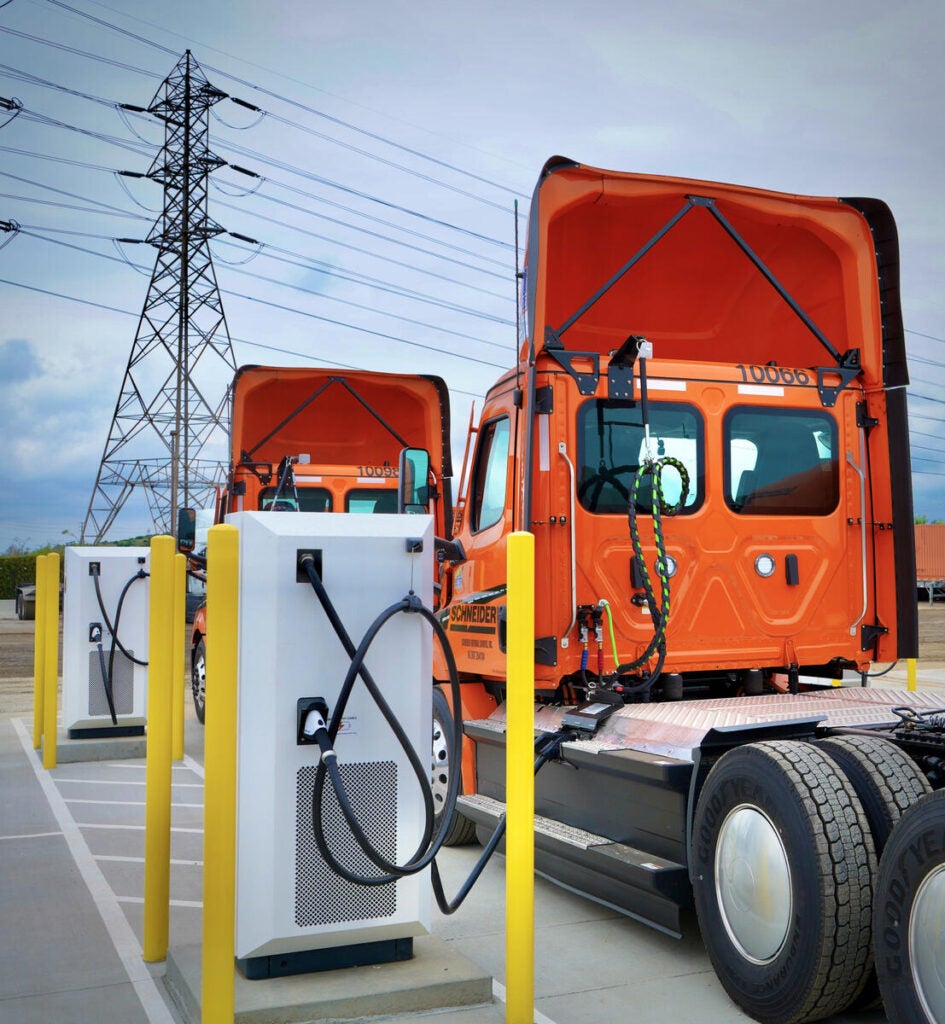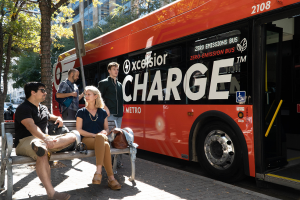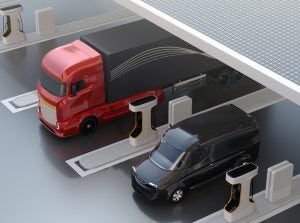The U.S. Environmental Protection Agency‘s proposed Phase 3 Greenhouse Gas Emission Standards are poised to add yet another spark to the medium- and heavy-duty truck industry’s acceleration toward low- and zero-emission trucks.
Whereas many of the incentives included in the Inflation Reduction Act are intended to spark demand for zero-emission trucks, EPA’s proposed truck rule, when finalized, could help to ensure there will be a robust supply of low- and zero-emission solutions for fleets. In EPA’s proposal for these technology-neutral performance standards, the agency projects manufacturers could meet the standards through increasing market shares for zero-emission trucks. For example, in 2030, this could help ensure that 27% of medium-duty vocational trucks – like parcel delivery step vans, and 20% of tractor-trailer day cabs will be ZEVs.














